Organizing for Personality Types
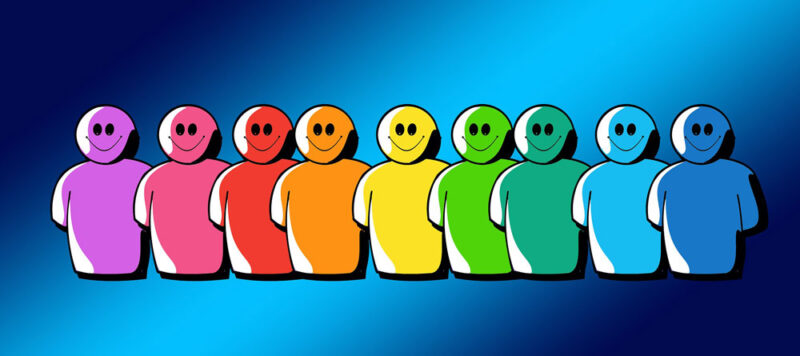
This page may contain links to Amazon.com or other sites from which I may receive commission on purchases you make after clicking on such links. Read my full Disclosure Policy
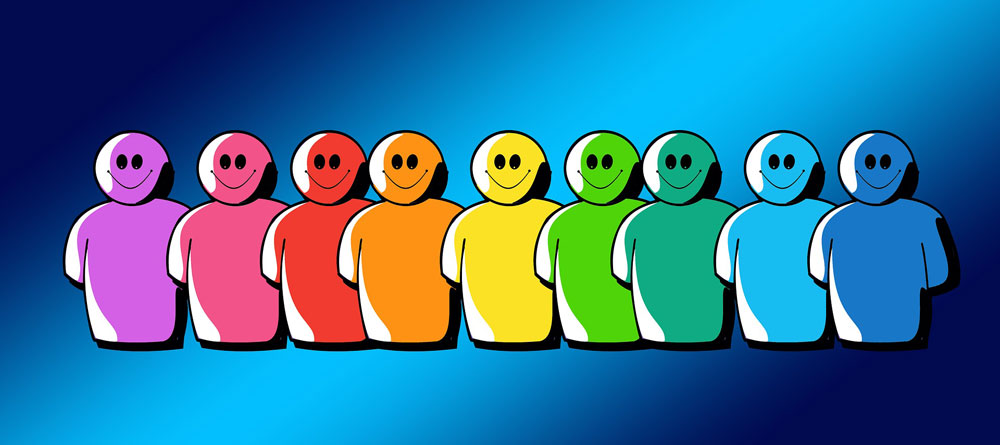
Do your organizing systems work well for some clients, but not others?
Last week we talked about how some people are born organized and others are not. Every person views the world through different eyes, and you need to understand your clients' uniqueness before you can create solutions that will help them to get and stay organized.
Organizing strategies are most likely to be effective when they take your client's personality type into account. You can therefore do your clients a great service by familiarizing yourself with the various personality types, the challenges they face in terms of organizing, and the solutions most likely to be helpful.
Each personality type faces a unique set of organizing strengths and challenges.
The Myers-Briggs Type Indicator® (MBTI®) is one of the most reputable personality assessments available. Based on the psychological theory of Carl Jung, it's been in use since 1942, and has been updated many times to keep up with changes in language and society.
Here's a little background information in case you're not familiar with the MBTI® or it's been a while since you learned about it.
What is the Myers-Briggs Type Indicator®?
The MBTI® is a self-report questionnaire designed to help people determine their personality type. It doesn't measure skill, intelligence, or mental health. Your responses to the questions on the MBTI® indicate your preferences in four major areas, which I explain in detail in How does the Myers-Briggs Type Indicator® work?
Why study the MBTI®?
Personally, knowing about your personality type can help you understand your motivations, natural strengths, and potential areas for growth, and enhance your appreciation of people who are different from yourself.
Professionally, your clients will thank you for developing organizing solutions that work in harmony with, instead of against, their natural preferences!
Please note that you must meet specific educational requirements before administering the MBTI® with your clients, but training is available all over the world.
My Work with Personality Type
After completing the MBTI® Qualifying Program in 1999, I became fascinated with the way that our personality type affects the way we deal with time and space, and read everything I could find about the subject. I also conducted my own research, collecting data from online surveys, workshop participants and individual clients, and used the information I gathered to develop an organizing profile for each of the 16 personality types. You can check them out here:
Resources about Personality Type and Organizing
There's no shortage of resources about personality type and organizing style!
Although my Organizing Profiles were based for the most part on surveys I conducted, in some cases I incorporated information from some of the following books. If you're eager to learn more about personality type and organizing style, I encourage you to add them to your reading list.
Work Types
by Jean M. Kummerow, Nancy J. Barger & Linda K. Kirby
Procrastination: Using Psychological Type Concepts to Help Students
by Judith A. Provost
Type and Time Management
by Sharon Fitzsimmons
Type Talk at Work: How the 16 Personality Types Determine Your Success on the Job
by Otto Kroeger, Janet M. Thuesen & Hile Rutledge
Learning about personality type and the way it influences our relationship with time and space was one of the reasons I decided to become a professional organizer in the first place, and I'm sure you'll find it fascinating too.
Related Posts
Did you find this post helpful?
Share it with your network, and sign up to get new posts by email every week!

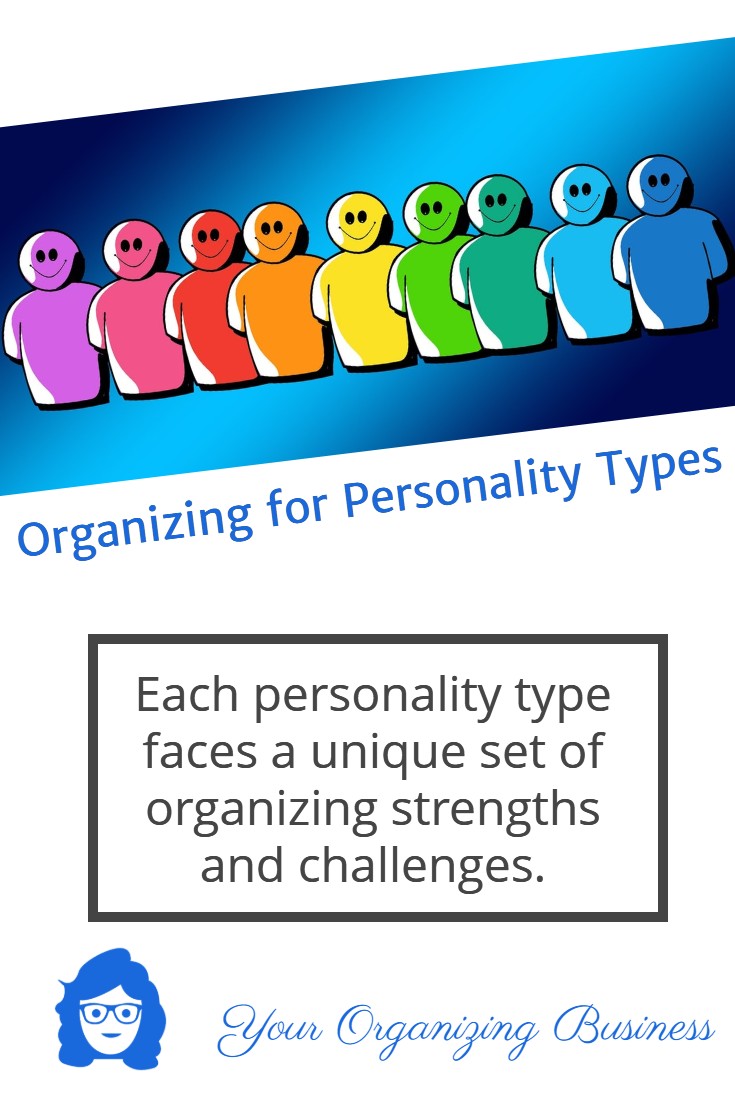





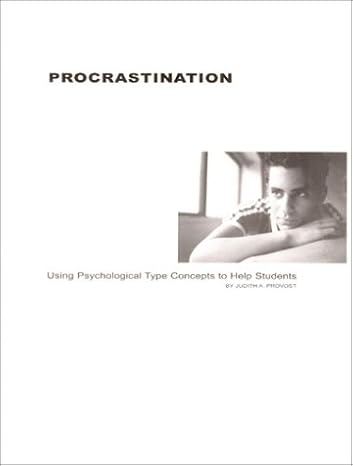



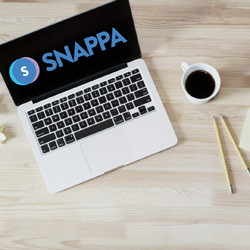

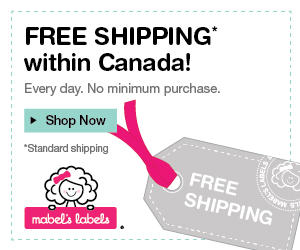
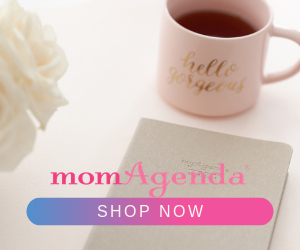


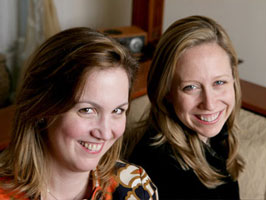


I’ve heard of Myers Briggs in high school in my psychology class. Very interesting stuff. I look forward to reading your perspective on the topic. Thanks for sharing the background.
Have you ever taken the assessment?
I am an INTJ on the Myers Briggs test, it is spot on. When i did my Professional Organizing course through QC Design School, part of the course was personality types and how to work their individual needs, fascinating.
That’s very cool! Isn’t it amazing how accurate the type descriptions are?
Hi Janet,
I love MBTI and have done it twice with co-workers which is always so interesting to see who is the same as you and who is different. I was trying to find my results (and I have them somewhere, maybe at my workplace) Anyway, I have one tiny point for extroversion so I am a huge introvert which as we know makes it challenging to get out there in the world. I have mastered it for the most part but it really doesn’t come easy. I will post my score if I can come across it in the next couple of days. Look forward to more of your posts.
Kim, I know you do a lot of work with groups. Is that difficult for you as an introvert, or have you gotten used to it?
I, like Jill, am INTJ….although I’ve tested differently as well. (My N, T, S, and F all seem to be somewhat borderline). I’ll be reading your series with interest.
My N and S are also fairly close, but with T and F there’s no question whatsoever!
My whole family has taken the test and found it to be very accurate. I do think that our personality types influence what solutions are likely to have “sticking power” when it comes to organization. As with all things, no single solution is perfect for everyone, even if there are universal principles at play.
That’s a very good point, Seana. During my training program, we grouped with participants who shared our same type for one of the exercises. My partner and I reported several things so differently that we were kind of looking at each other suspiciously, as it doubtful that we were the same type!
Learning more about ourselves and others is essential. Assessments like Myers-Briggs give us insights into personal preferences and patterns. While I don’t like to “type” people, I do like to understand them. It’s especially helpful to understand strengths. When we work from that place, it’s amazing. There are many others too like Tom Rath’s Strengthfinder 2.0 or Denslow Brown’s Processing Modalities.
I’m an ENFJ.
I took the Strengthfinder a few years ago and was very disappointed, because it identified my strengths but left me asking “Now what?” I also didn’t like the fact that you had to purchase a hard-cover book to take it, and that the book is useless to anyone else. But maybe that’s changed since then.
I’m not familiar with Denslow’s Processing Modalities, but I know she’s brilliant, so I’m sure it’s a great tool.
And I’m not at all surprised that you’re ENFJ. 🙂
Hello,
Can you tell me the personality type of most professional organizers?
I am an ENFP and seeking admin assistance is setting up my office and keeping it in order. Paperwork and minutia are exceptionally challenging for me and I want to hire the right help.
Someone who is humble, non-judgmental and can cater to my very odd way of operating. I am 23 years into managing our expensive household, 1 Million dollar medical business of my husband’s and 1 start up business for me. We have 3 teenagers and the paperwork remains out of control. It feels terribly fiscally & orderly irresponsible. Thanks so much.
Shelly Kacki
Michelle, when I took the survey, I expected to find that most professional organizers were SJ types, and was surprised to learn that it wasn’t that cut-and-dried. Although many are drawn to the profession due to an innate sense of order, there are just as many others who have struggled with disorganization in their own life, and after learning organizing techniques, are now happy to share their acquired skills with their clients.
That said, in a situation like yours, it’s often beneficial to work with someone with a very different type than your own, so their strengths can offset your weaknesses.
Hope this helps!
I’m very intrigued about this topic.
I fell like I’ve been purging for 3 solid years, and it never ends!
Hi Melissa, and welcome! I hope you’ll find something here to help you with your decluttering.
This is so helpful! I remember so many questions on the CPO test being about personality types! I knew that personality types should be taken into account but I didn’t think it would be several test questions. This really helps be in coaching and mentoring these days!
Although I originally studied the MBTI as a career assessment (since that was my line of work at the time), once I realized it had many other applications, I wondered if it could be used to help people with organizing. When I attended my first POC meeting and the guest speaker talked about personality type, I knew I was onto something.
I find that I fluctuate on the MB test. That’s odd, but I can’t seem to nail down my type. I’ve been to many lectures on the subject but can’t seem to wrap my head around it.
You’re not alone in that. There was a man in one of the workshops I conducted who couldn’t identify with any of the preferences. It takes a lot of training (more than I have) for a practitioner to know the right questions to ask to help someone in that situation to self-identify.
I have not taken the Myers-Briggs test so can’t really comment on that. I use Denslow Brown’s Processing Modalities handbook. I completely agree that when we listen to our clients, really hear about the ways in which they want to be organized (find their things) and then create a personalized system for them the organization is more likely to stick.
There are a lot of excellent tools to help with this. It probably doesn’t matter which one you use, as long as you remember that everyone is unique and take the time to figure out what solutions will work best for each client. That said, I’m a big fan of Denslow and her work!
Hi – great job. I’m a Senior ENFP. Having been diagnosed with two brain diseases – i’m wanting to know which Myers-Briggs can help me organize things, accomplish what’s on lists etc. I sure NEED HELP! Thanks for answering. Take care stay safe – PEACE
I apologize for the delay in responding. For some reason I missed your comment when it came in. Professional organizers are trained to help clients with different organizing issues and styles, so you’re best to talk to two or three to find someone you click with.